Facing corruption charges, Albania’s former PM Sali Berisha claims political persecution. With elections approaching, the courtroom becomes a new political battlefield.
Former Albanian Prime Minister Sali Berisha, now the leading figure of the opposition Democratic Party, is facing mounting legal pressure as prosecutors from the Special Anti-Corruption Structure (SPAK) have officially charged him with passive corruption and money laundering. According to a report by Reuters, the case centers on the privatization of the former military-owned “Partizani” sports complex, which allegedly brought Berisha’s son-in-law, Jamarbër Malltezi, illicit profits of roughly €5.4 million.
Hearing Postponed, Charges Stand
Berisha appeared before the Special Court for Corruption and Organized Crime (GJKKO) on April 18. As reported by A2 News, his legal team requested a dismissal of the case, citing procedural violations and lack of substantial evidence. However, the hearing was postponed until April 23, due to the absence of a defense lawyer for one of the co-defendants.
Malltezi, who has been under house arrest since November 2023, also attempted to appeal his restrictive conditions. But as Hashtag.al reports, the Court of Appeals rejected his request, upholding the house arrest order.
“A Political Witch Hunt”
Berisha has vehemently denied all charges, claiming the case is a politically driven campaign orchestrated by Prime Minister Edi Rama. Speaking to the press, Berisha accused the government of using the justice system as a tool for repression, stating, “I appear here every two weeks without hesitation — a global testimony to the political abuse of justice by drug-lord Edi Rama,” as quoted by Euronews Albania.
Selective Justice?
The opposition leader also accused SPAK — which he mockingly called “SKAP” — of targeting political adversaries while shielding corrupt officials aligned with the government. He cited the example of Interior Minister Taulant Balla, who, according to Berisha, has faced no investigation despite being linked to a €130 million scandal surrounding the still-unbuilt incinerator project in Tirana. Several Albanian media outlets have echoed concerns over a lack of accountability in that case.
A String of Unanswered Scandals
Berisha expanded his criticism by listing additional government-related scandals: he claimed €80 million was wasted on non-existent ships under Infrastructure Minister Belinda Balluku, €120 million was mismanaged in a national health check-up program, and another €60 million were overspent on the Llogara Tunnel construction. Berisha argued that these incidents represent deep-rooted structural corruption within Rama’s administration and demanded thorough investigations.
Political Stakes in the Balance
With parliamentary elections scheduled for May 11, Berisha framed the case as part of a larger political war. “The answers to these questions will be given by Albanian citizens — with their votes,” he said. Whether the legal proceedings will affect his political standing remains to be seen, but one thing is clear: the race has become as much about justice as it is about governance.
Image:
European People’s Party, CC BY 2.0 https://creativecommons.org/licenses/by/2.0, via Wikimedia Commons
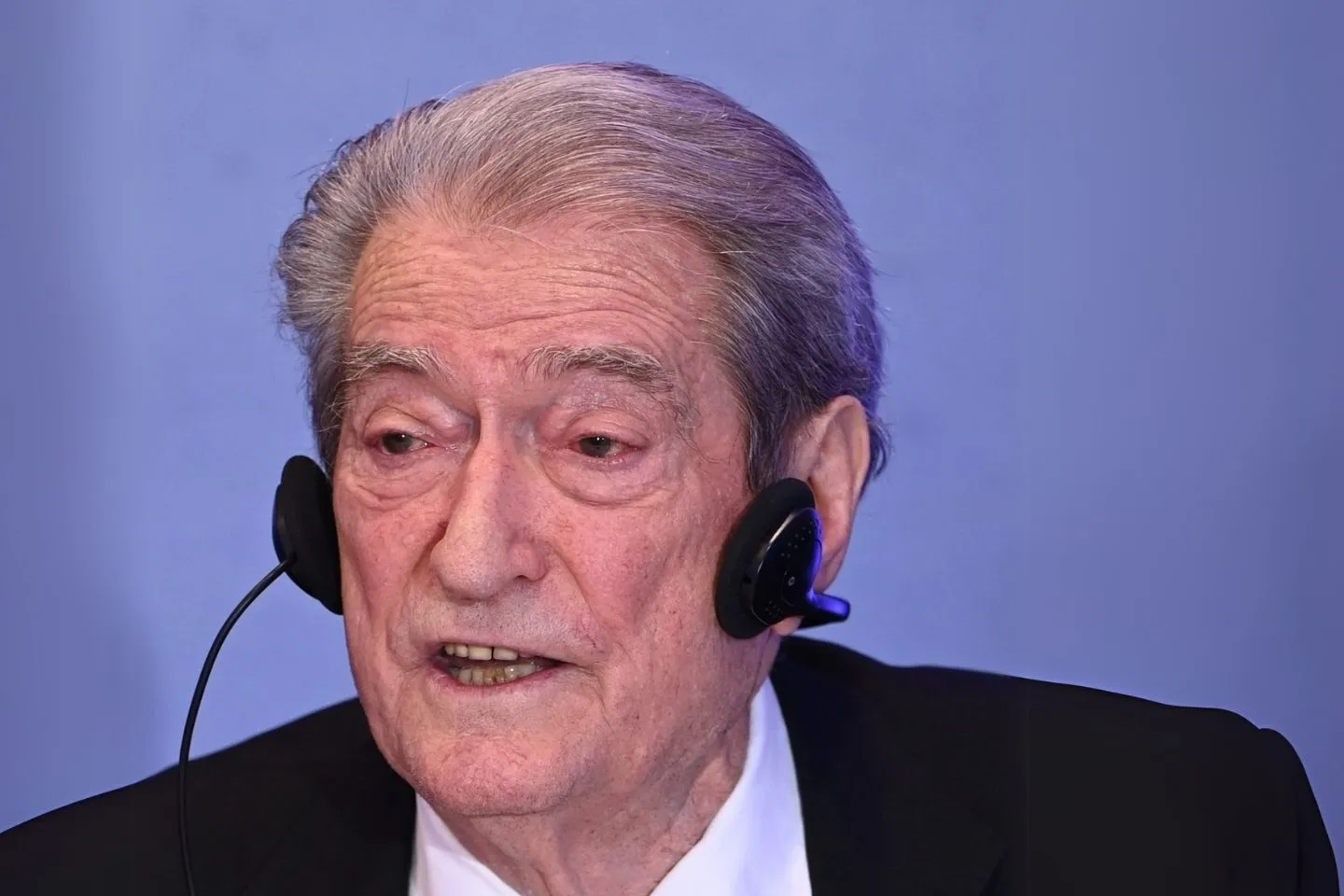








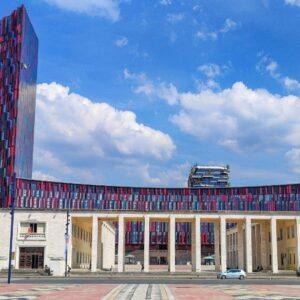

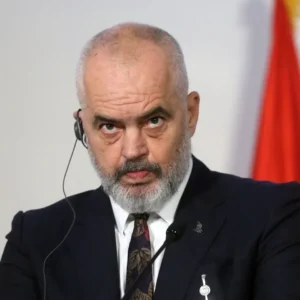

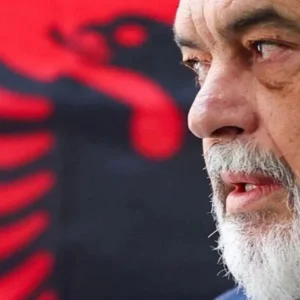
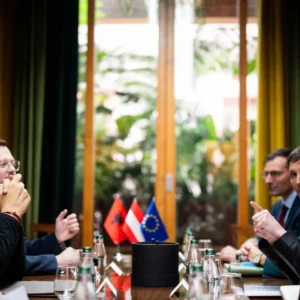
Recent Comments